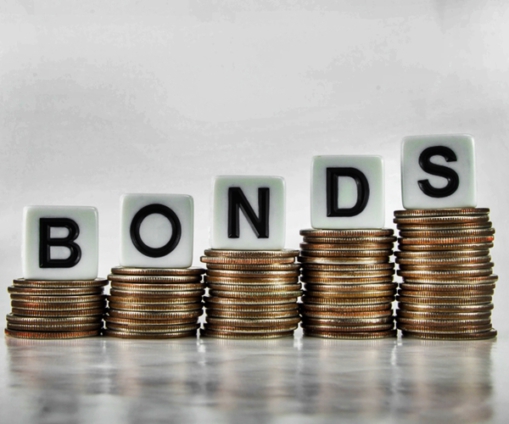Government will borrow ¢4.12 in fresh funds in the second quarter of this year, according to its issuance calendar.
In all, the government is planning to raise a total of ¢21.43 billion, with nearly 81% of the amount to be used to service existing debt.
The new funds is expected to finance government projects outlined in the 2021 Budget.
According to the calendar, the government will issue ¢11.3 billion via the 91-day Treasury bills, whilst ¢5.5 billion will be mobilized through the issuance of the 182-day T-bills. ¢1.57 billion is, however, expected to be raised from the one-year bill.
For the five-year bond, ¢2 billion is expected to be raised, whereas ¢1.0 billion will be mobilized through the issue of the seven-year bond.
Per this calendar, the 91-day and 182-day will be issued weekly, whilst the 364-day bill will be issued bi-weekly also through the primary auction with settlement being the transaction date plus one working day.
Securities of two-year up to seven-year will however be issued through the book-building method consistent with the Medium Term Debt Management Strategy (MTDS).
Government may however announce tap-ins/reopening of other existing instruments depending on market conditions.
The government assured all stakeholders and the general public that it continues to strive for greater predictability and transparency in the domestic bond market.
The calendar took into consideration government’s liability management programme, market developments (both domestic and international) and the Treasury & Debt Management objective of lengthening the maturity profile of the public debt.
Ghana’s debt hit ¢291.6 billion in December 2020
Ghana’s total public debt stock reached an all-time high of ¢291.6 billion in December 2020, approximately 76.1% of GDP, the Bank of Ghana said.
According to the figures, external debt alone stood at ¢141.8 billion, approximately $24.7 billion. This is also equivalent to 37.0% of GDP.
The domestic debt was however slightly higher at ¢149.8 billion at the end of 2020, about 39.1% of GDP.
The financial sector debt also stood at ¢15.3 billion in December 2020, but ¢100 million lower, from the September 2020 data. This is however equivalent to 4.0% of GDP.
Latest Stories
-
Diddy kidnapped ex-aide in plot to kill Kid Cudi, trial hears
17 minutes -
Police Constable allegedly defrauds 197 in recruitment scam
29 minutes -
Labourer jailed five years over theft
41 minutes -
Prime suspect in Winneba lecturer’s murder remanded
54 minutes -
Unemployed man jailed 24 months for stealing
1 hour -
‘We are moving this bill under certificate of urgency’ – Majority Chief Whip says legal education reform cannot wait
1 hour -
‘New Legal Education Bill will allow law faculties to train lawyers, conduct Bar exams twice a year’ — Dafeamekpor
2 hours -
‘Let law faculties train their own lawyers’ – Dafeamekpor pushes for legal education overhaul
2 hours -
‘Legal Education Bill to end Makola monopoly’ – Dafeamekpor
3 hours -
French MPs back law to allow assisted dying
5 hours -
Second suspect arrested in alleged crypto torture scheme
5 hours -
United is narrowing its check-in window for US flights. Here’s how it compares to other airlines
6 hours -
Foreign Minister should pursue quiet diplomacy, not opulism – Minority Caucus urges tact and engagement
6 hours -
Chairman Wontumi hospitalised after arrest – Lawyer says interrogation suspended
6 hours -
‘Ghana is slipping into the dark days’, says NPP after Wontumi’s arrest
7 hours

